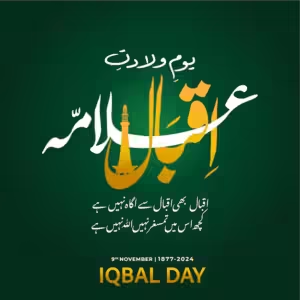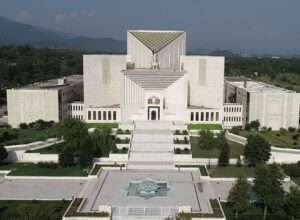Celebrating Iqbal Day: Honoring Allama Iqbal on 9 November of Birth
We celebrate Iqbal Day every year on 9 November as the centenary life and works of Allama Iqbal-the leading figure in Urdu literature and philosophical architect of Pakistan. His birth date is referred to 9 November 1877 at Sialkot. His powerful poems and visionary ideas have been inspiring people for generations. He departed this world on 21 April 1938, leaving behind a rich legacy free from geographical and cultural boundaries.
Importance of Iqbal Day
The Iqbal Day reminds one of Iqbal’s commitment toward awakening the spirit of self-discovery and freedom among Muslims in South Asia. He embodied a desire for independence, self-realization, and called to transcend circumstantial situations in every poem. Reflecting over his life compels attention towards poetry that is espoused by him on themes about Azadi [freedom], which chimes so strongly with world-wide struggles for liberation.
On Iqbal Day, poems of Iqbal are recited along with understanding and envisioning the noble ideas presented before mankind. His work is not just a literature but a call for action, asking everyone to work towards their goals and rights. One such popular poem of his, “Sitaron Se Aage Jahan Aur Bhi Hain” translates to “Beyond the Stars, There is Another World,” is famous for the depth of his visionary approach.
For those in pursuit of Iqbal Day poetry translated into English, most of the work was translated in order to give a notion of the essence he presented. This poetry manages to capture the essence of his thoughts, yet asks the readers to embrace their identity and heritage, seeking progress along the way.
Azadi Poetry by Allama Iqbal
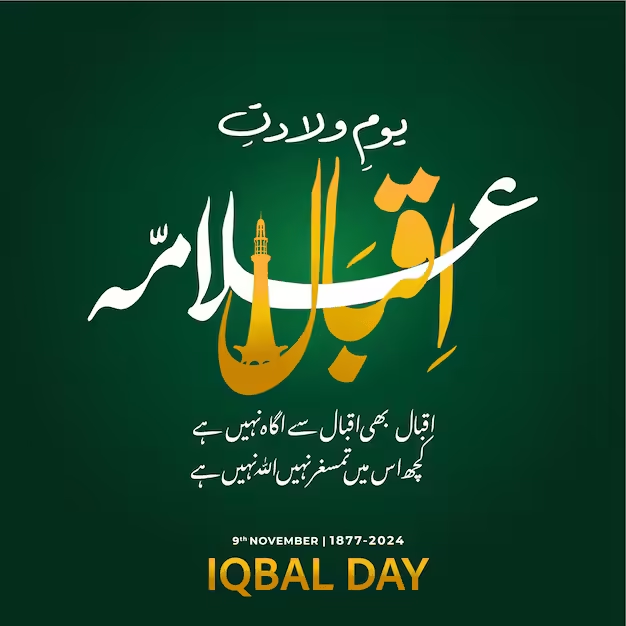
Iqbal’s Azadi poetry is also a very strong desire to be free and self-determination, and the lines of “Khudi ko kar buland itna” inspires the individual to find their potential in the right direction and contribute to society; this is very apt for the day as it covers both the hardships and aspirations of people who yearn for independence.
These are some of the famous poems and excerpts from Allama Iqbal, reflecting themes of self-discovery, freedom and the human spirit:
1. Shikwa (Complaint)
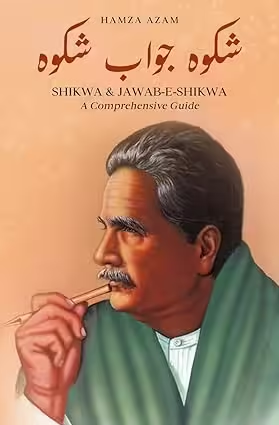
Here, Iqbal speaks for Muslims on their grievances and complaints against God and his apparent indifference, with deep desire for justice and freedom.
2. Jawab-e-Shikwa (Response to the Complaint)
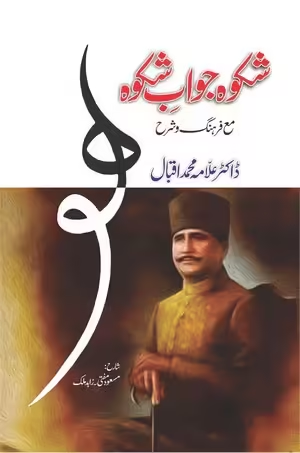
This is a very strong response to “Shikwa,” in which God responds to Iqbal’s grievances in the light of self-consciousness and responsibility towards acquiring progress.
3. “Tulu-e-Islam” (The Rise of Islam)
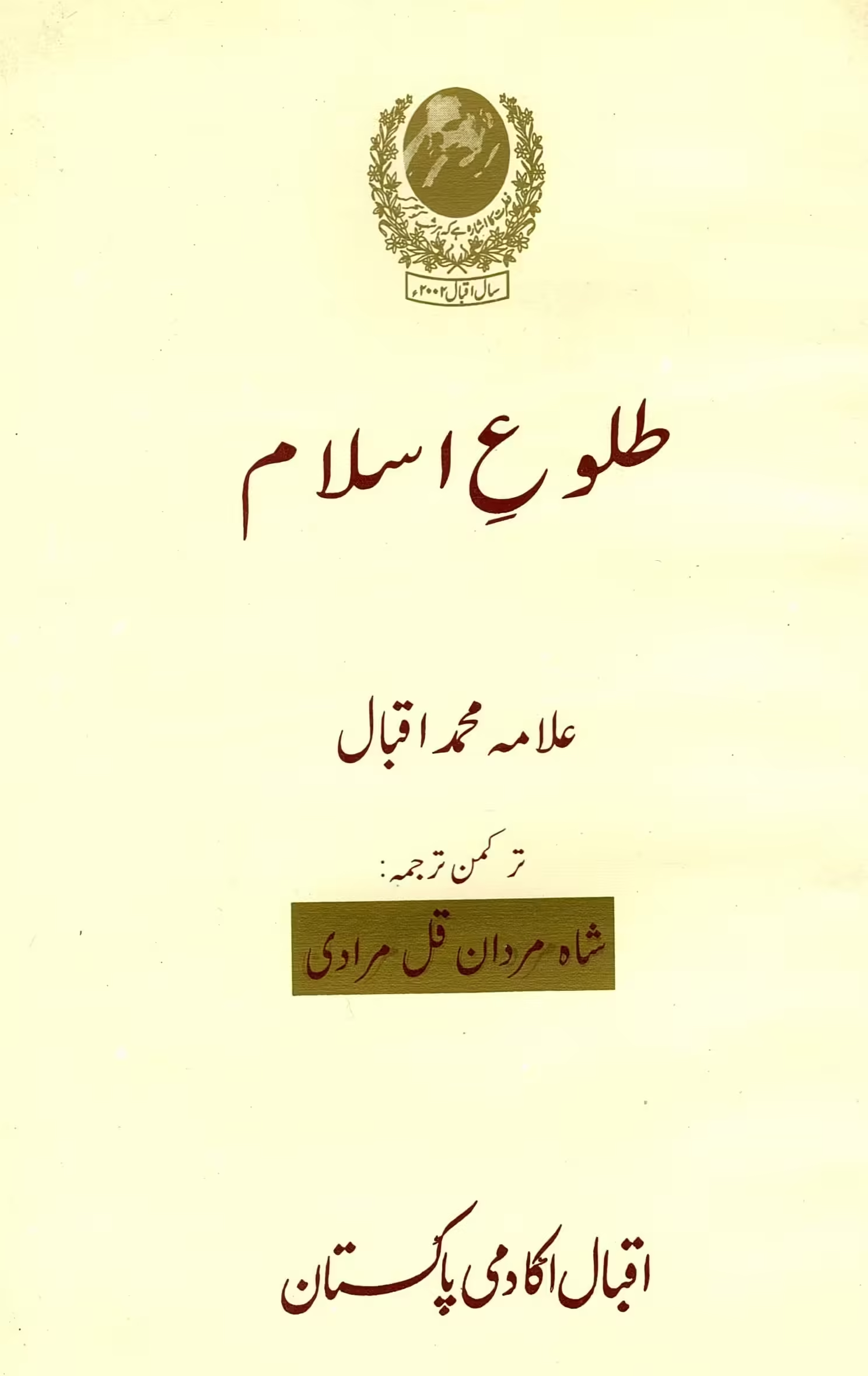
In this poem, Iqbal asks for a collective awakening of Muslims and develops a note on the revival of Islamic spirit.
4. “Khudi” (Selfhood)
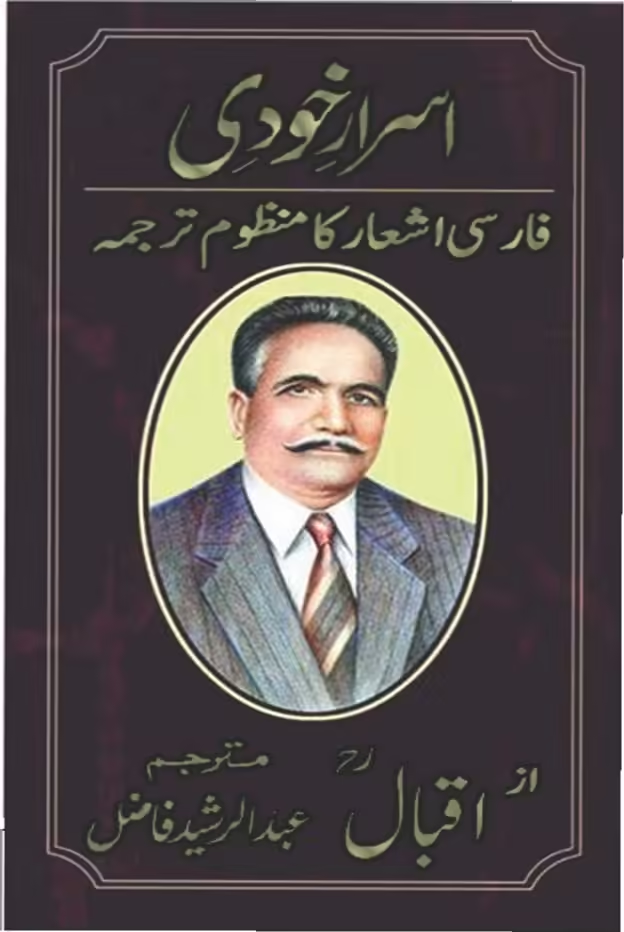
The heart and soul philosophy of Iqbal are “Khudi”. Throughout his poems, he calls on everyone to realize and develop their self, which he believes is where freedom begins.
5. “Sitaron Se Aage Jahan Aur Bhi Hain” (Beyond the Stars, There is Another World)
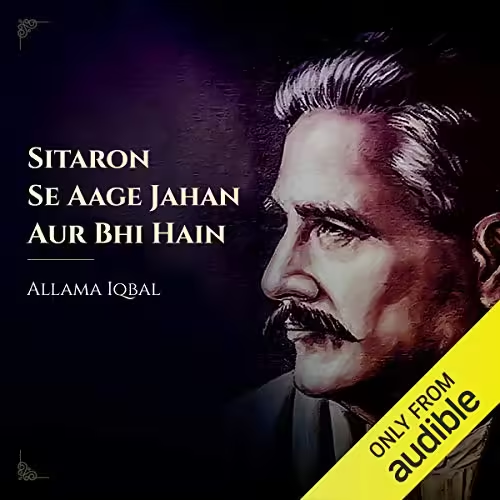
This line by poet makes readers look for something more beyond the world that is experienced in the present life. This assures people to strive for more, even reaching up to what they deem possible
These poems represent but a glimpse of Iqbal’s rich literary heritage. His work is characterized by dramatic conclusions drawn from deep philosophical insights and passionate calls to action. He is, therefore, a time-defying figure in Urdu literature. If you would like specific excerpts or further analysis of any poem, just let me know!
Conclusion
Let us celebrate Iqbal Day on 9th November by rejoicing in the immortal inheritance by the words and ideas of Allama Iqbal. Let collective reflection on his beautiful words and ideas ensure honor to his vision for a free and empowered society. Join the celebrations; read his poetry; share his hope for resilience with the world.



